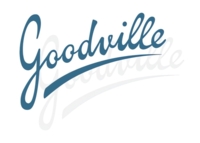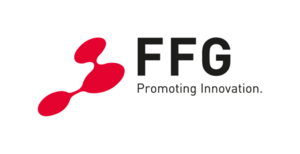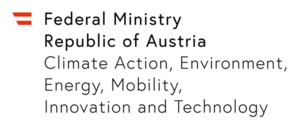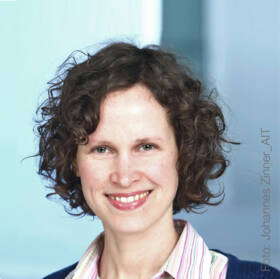Explores the feasibility of a platform for bicycle freight transport in rural regions.
Background
Freight transport causes environmental pollution and can lead to traffic congestion. Cargo bikes could help remedy this situation. They are ideal for short-distance transportation of small and light goods, thereby reducing the need for fossil fuel-powered transport vehicles. In larger cities, bicycle couriers and specialized cargo bike services have been in use for several years now. Outside the cities, however, comparable services are still rare. The project LAMORE intends to investigate this gap by exploring whether cargo bike services could be successful in rural areas as well.
Project Content and Goals
In the project LAMORE, we explore whether a cargo bike dispatch platform could be effectively used in rural areas and to what extent it could contribute to reducing fossil fuel-based freight transport. The platform is intended to function as the central hub for the coordination, organization, and optimization of cargo bike transport. The test regions for the project are the towns of St. Pölten and Wr. Neustadt, along with their respective surrounding areas. In LAMORE we…
- examine how motorised individual transport can be reduced to improve air quality. The positive effects on people’s health in the region and on the climate are also part of the investigations.
- explore which environmentally friendly alternatives are suitable alternatives to regional motorized freight transport, and assess the feasibility of transitioning to low-emission means of transport.
- promote the mobility transition towards more sustainable transport and pave the way for further developing freight transport in rural regions.
- demonstrate how more resource efficiency can be achieved through changes in consumer behaviours.
- propose measures for achieving efficient and sustainable mobility by 2030.
Methods and Approach
The project team explores which types of goods are suitable for transport by cargo bikes in rural areas. We investigate the size and weight limits for bike transport, as well as any additional requirements that need to be met. Moreover, we examine the needs of key stakeholders (carriers, customers, authorities, and administrators) and assess the specific conditions in the regions of St. Pölten and Wiener Neustadt, along with their surrounding areas. The knowledge gained is the prerequisite for the establishment of a functioning cargo bike dispatch platform. A comprehensive evaluation of the economic viability of cargo bike transport with consideration for legal aspects such as traffic regulations and liability question is being carried out. The potential use of artificial intelligence for transportation optimisation and efficiency enhancement is also explored. Furthermore, the project team ensures that the digital services are reliable, of high quality, and socially sustainable. The project brings together experts from various disciplines and takes logistic, technological, economic, legal, and social aspects as well as problems of gig economy (the labour market of short-term jobs) into account.
Summary
Cargo bikes have become more widespread over the past few years. They have proven to be more cost-effective and environmentally friendly than vehicles powered by fossil fuels, and they already play a prominent role in freight transportation in larger cities. In contrast, they are underrepresented in rural areas. This is where LAMORE comes in. It is being explored whether a cargo bike dispatch platform could efficiently manage freight transport with cargo bikes in the regions. Which adjustments would need to be made to ensure economic, ecological, and social sustainability is also in the focus of the research.
Projectpartners
Funding
The FFG is the central national funding organization and strengthens Austria's innovative power. This project is funded by the FFG.
You want to know more? Feel free to ask!
Department of Rail Technology and Mobility
- bitsfabrik
- Goodville Mobility





